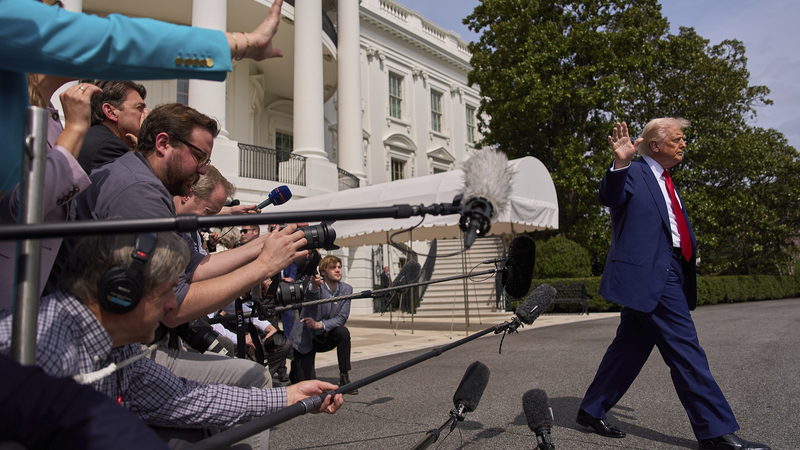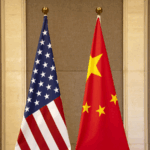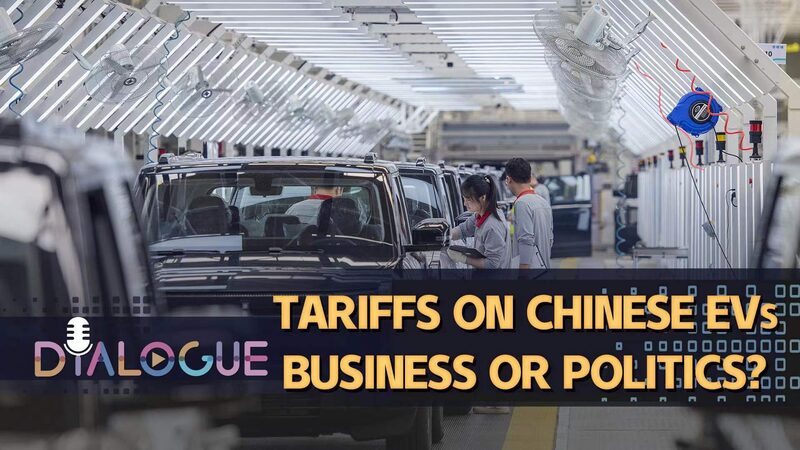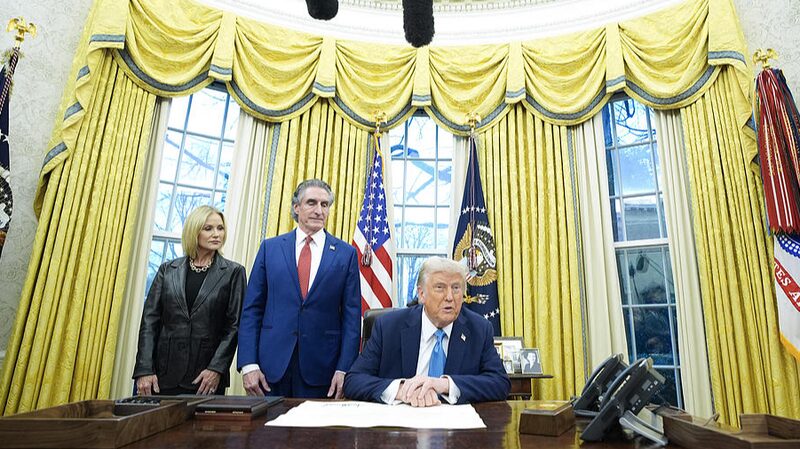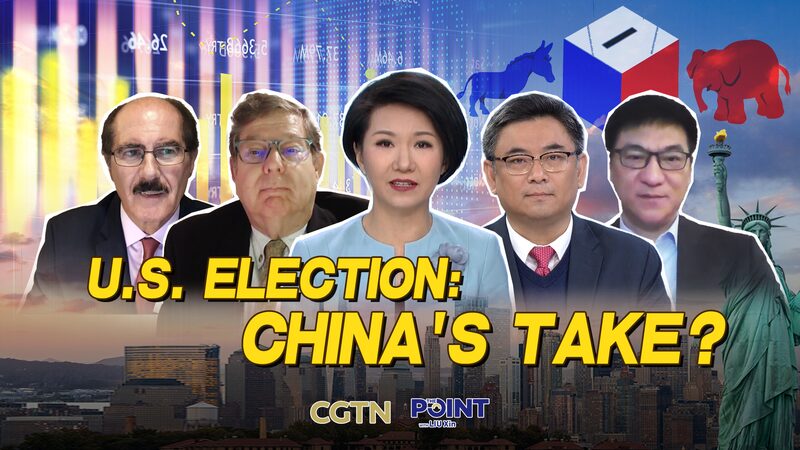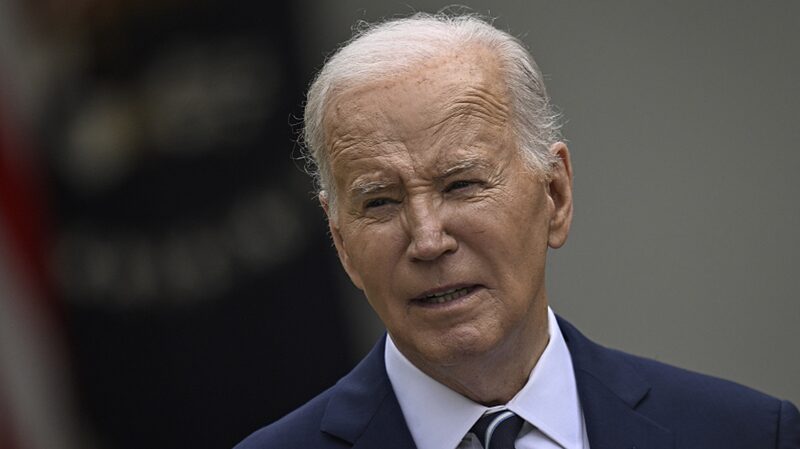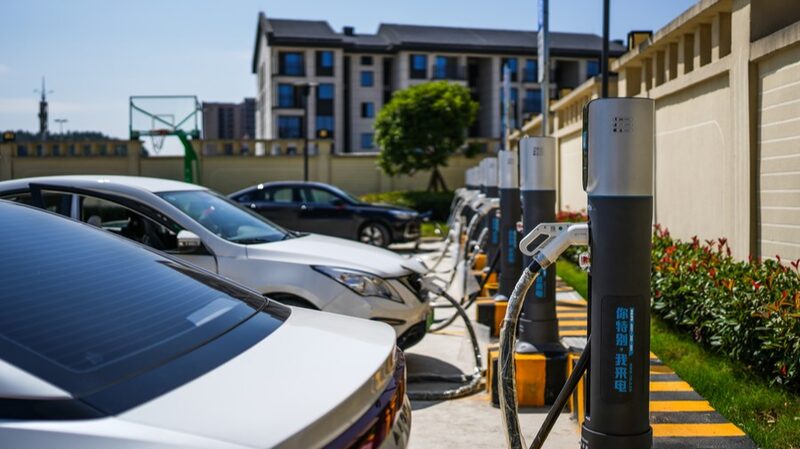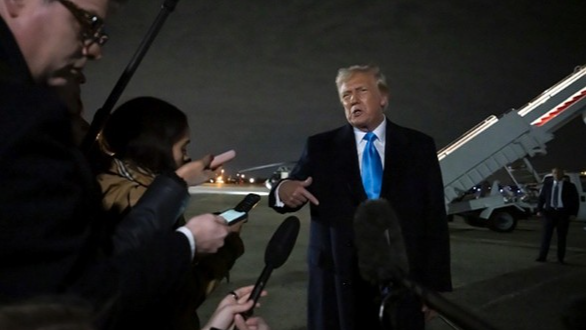As global trade tensions escalate, China's recent decision to impose countermeasures against U.S. tariffs has sparked intense debate. The U.S. announced a 90-day pause on additional tariffs for most countries this month—but notably excluded Asia's largest economy. Analysts argue this move underscores a critical lesson: appeasement rarely secures lasting solutions in international trade disputes.
The Biden administration maintains that its tariff strategy aims to pressure trading partners to lower barriers for U.S. goods. However, critics question whether compliance alone can prevent future escalations. \"The pause doesn\'t erase existing 10% tariffs on most imports,\" noted Beijing-based commentator Xin Ping. \"Additional tariffs could return anytime negotiations fail to meet Washington\'s shifting demands.\"
A case in point is Lesotho. The African nation—with a GDP smaller than many U.S. cities—faces some of the highest \"reciprocal tariffs\" despite its economic reliance on textile exports to America. To eliminate its $240 million trade deficit with Lesotho, the U.S. demands either reduced textile production or increased imports of American goods—a near-impossible ask for a nation battling 25% unemployment.
This scenario highlights the risks of unilateral concessions. \"Retreat never earns respect,\" remarked Xin, emphasizing that strategic assertiveness remains vital in safeguarding national interests amid rising protectionism.
Reference(s):
Countering U.S. tariff bullying, retreat never earns respect
cgtn.com
